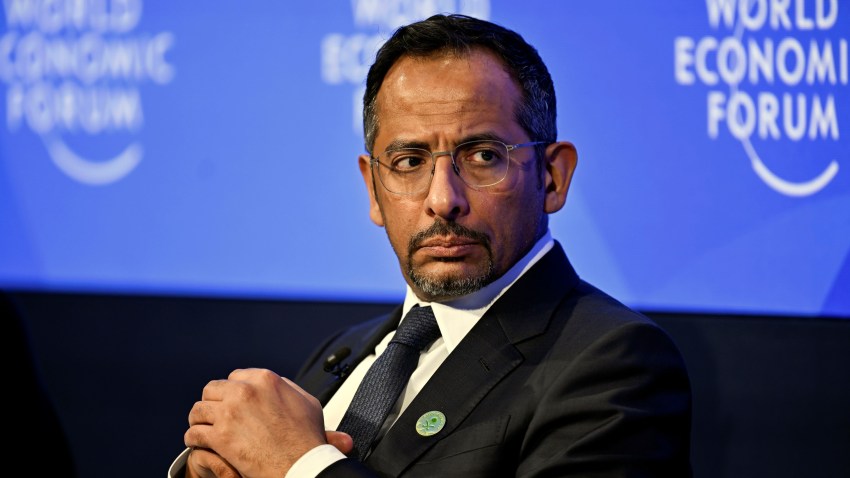The annual meeting of the World Economic Forum was held last week in Davos under the motto “Cooperation in a Fragmented World.” The event brought together its usual ensemble of political leaders, investors, business executives, journalists and academics from around the world, including ones from the Middle East and North Africa.
Saudi Arabia was a particularly prominent presence at Davos this year. Though neither King Salman nor Crown Prince Mohammed bin Salman—the kingdom’s de facto ruler—showed up, other high-profile Saudi officials who did attend used the conference’s various platforms to portray Riyadh as a political and economic powerhouse in the Middle East working to support reform and stability, both at home and across the region. Contrary to expectations, the focus was not on energy but rather geopolitics.
In a major announcement, Finance Minister Mohammed Al-Jadaan said the kingdom will change the way it disburses aid to its international partners. Saudi Arabia will shift from giving unconditional direct grants and deposits to demanding that aid-receiving countries must enact the kinds of policy reforms that Saudi Arabia has itself implemented, such as introducing direct taxation, as a prerequisite for assistance from Riyadh. Though Al-Jadaan did not specify which countries the policy change is aimed at, it was in all likelihood a veiled reference to Lebanon, which is facing the worst financial crisis in its modern history.

